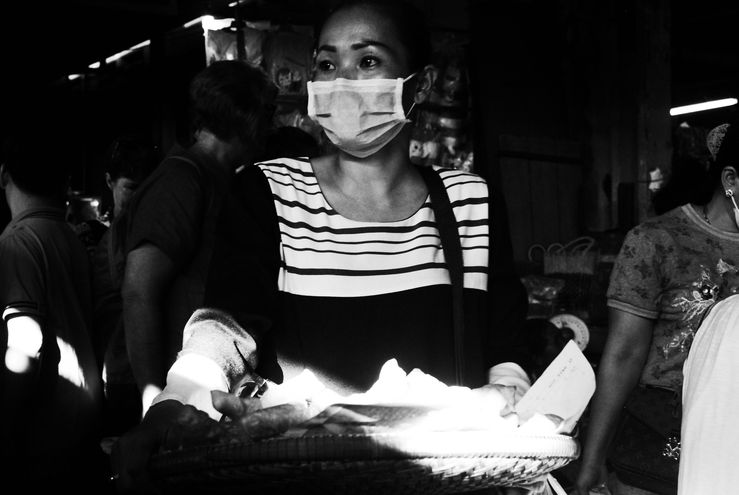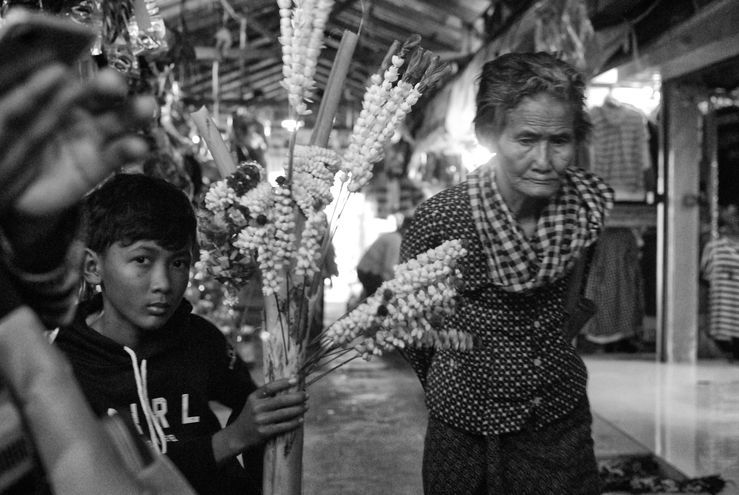Hagoshrim Kibbutz
We flew to Israel and tight security at Ben Gurion airport. Arrived at dawn, walked down stairs past soldiers, across the tarmac to a black van with open doors flanked by soldiers with machine guns. A man sat with his pistol on a desk. We showed him our passports. He checked for Arabic visas. He scrutinized our faces.
“Why are you coming to Israel?”
“To work in a kibbutz.”
“How much money do you have?”
“A couple of hundred dollars.”
“Do you have a return ticket?”
“Yes,” I said pulling out a ragged open ticket from Air Icelandic marked Chicago. He looked over our papers, opened an inkpad, hammered a stamp on a page, placed an entry visa in our passports and handed them back.
“Ok. You may go.”
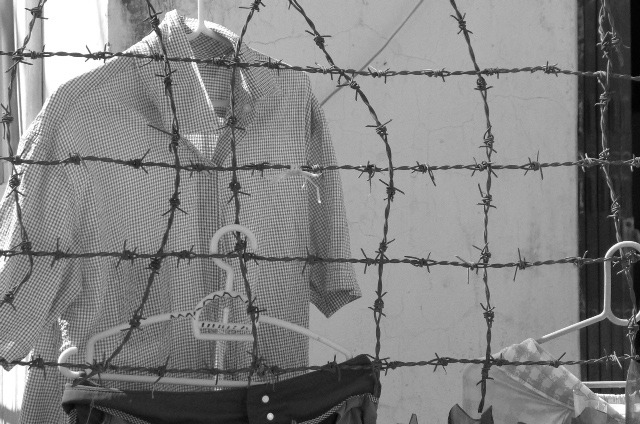
We walked cross the tarmac, placed packs on a conveyor belt and followed a maze of chest high metal anti-bomb partitions. A female soldier scanned our luggage for explosives. She marked them with chalk, checked our papers, peered into my typewriter and waved us through.
We grabbed a bus into town past fields and industrial zones. We had an address for a kibbutz office.
“Welcome, or Shalom as we say here. My name is Sharim. We are pleased to have you come to Israel and volunteer to experience the beauty, joy and culture of living and working on a kibbutz.”
Bleary eyes looked at a map with colored pins showing settlements. “What are the pins for?” I asked.
“They designate types of kibbutz and locations.” Red, blue, yellow and green pins pricked a weathered map with a heavy concentration in the north.
“The red pins are religious kibitzes, the blue ones are agricultural farms, the green ones are primarily factories. Yellow pins designate combination farms near the border with Lebanon.”
“What kind of farms?” asked Joan.
”Oh, all kinds. Most produce their own food. They grow fruit and vegetables and have fish farms with a combined industrial production kibbutz operation.”
I pointed at a red pin up north. “What’s this one?”
“That’s Hagoshrim. It’s an old kibbutz. There are about 200 families, ten kilometers from the Lebanese border and twenty east of Syria.”
“How is the life on the kibbutz?” Joan asked.
“It’s straightforward,” he said. “Volunteers usually stay for six months. They are given a place to stay, meals and encouraged to join in the daily activities. They have duties on the kibbutz, usually from early morning to noon and then for a few hours in the afternoon. We organize cultural tours to parts of the country for volunteers. They meet many people from other countries while also gaining a deeper understanding of the Jewish faith. The experience makes a deep impact on many people’s lives.”
“Can we work on more than one kibbutz?”
“Yes. That’s possible after you stay and work the minimum of six months in one location.”
We chose Hagoshrim. He called the kibbutz and gave us bus fare and directions. We thanked him and went to the crowded central Egged national bus station.
The bus skirted brown fields, lush green agriculture and desert wasteland. Fatigued soldiers with grease guns and collapsible stocks napped.
We passed tilled soil, fruit trees and villages. We bounced along awkward roads past the Sea of Galilee. A nervous girl, 23, twirled a yellow Kleenex into a knot with long red fingernails.
We rolled into Kiryat Shimona, a town of 20,000 in the north tucked into a corner near Lebanon and Syria. Famous for rocket attacks at night. Sounds familiar.
We hitched a ride on a fruit truck full of soldiers doing their two-year compulsory service passing ochre colored fields of fruit trees and olive orchards.
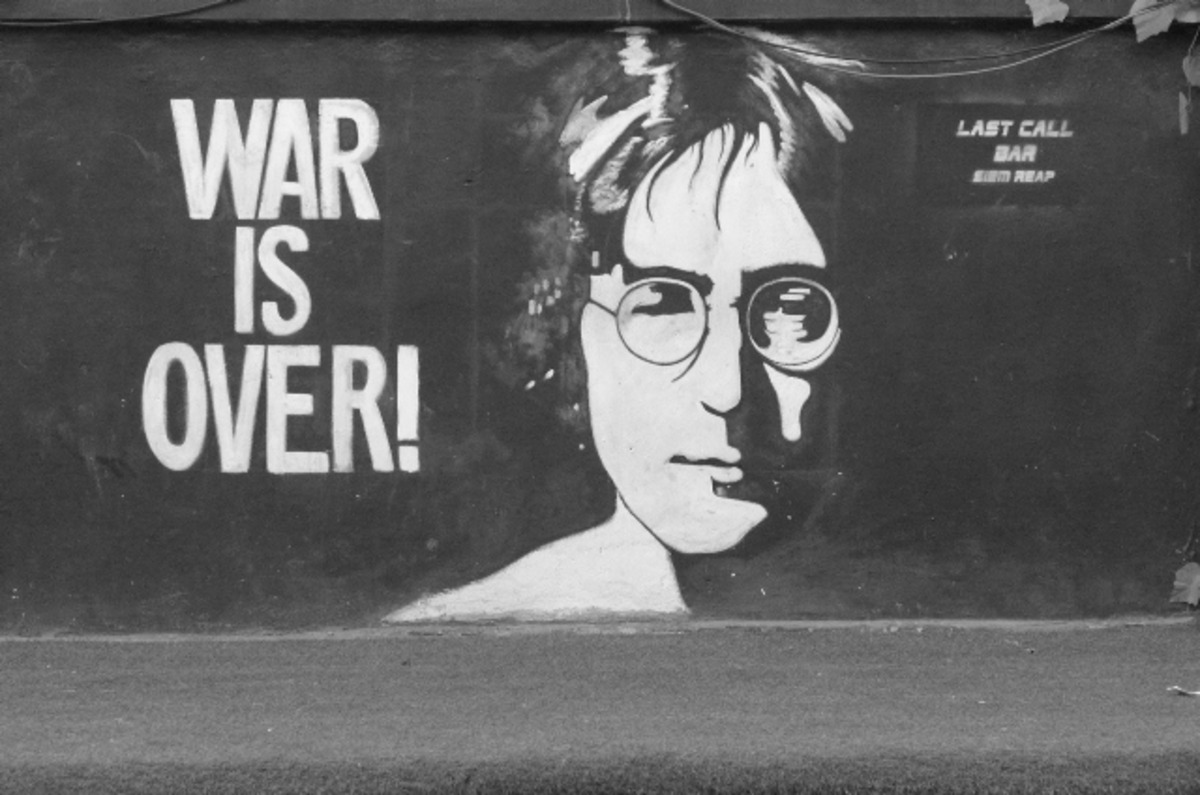
At Hagoshrim we registered, heard pre-induction volunteer procedures and were assigned separate sleeping quarters in basic army barracks from 1948. We sat in a well-manicured garden with flowers and fruit trees.
A thin gray haired man explained how their society worked.
“Welcome. Shalom. This is one of the oldest kibbutz in Israel. You will be assigned daily and weekly jobs by the volunteer coordinator. We are a multi-purpose kibbutz. Everything you see around you has been planted, grown, built and developed over the last twenty years. When my parents came here there was only desert and we were fighting wars against our enemies. We stayed. We dug the ground. We planted. Our parents had children and they built schools and bomb shelters.
"We are always ready to defend our land. Our families converted the desert into productive land. We grow fruits and vegetables, harvest them, keep some for our own consumption and sell in the market. We have fish farms providing a source of income. Everyone takes meals in the cafeteria, volunteers and families. It’s good food and you will not be hungry here. Work starts at 5:30 a.m. when it is cool. We take a midmorning break with lunch at 12:30. The afternoons are for personal activities although there are some afternoon assignments.
"Saturday is the Sabbath when no work is done. This is not a religious kibbutz, which means you have the choice of taking part in our ceremonies from sundown on Friday to sundown on Saturday. In exchange for your labor you receive accommodations, clothing, food, free international postage and a small amount of payment in the form of a card which is used in the small store for essentials like toilet paper.”
“What kind of jobs do you have?” Joan asked.
“We are totally self sufficient. Volunteers work everywhere and do everything but pull guard duty. We take care of the children, staff the nursery, kitchens, and tend gardens and farms. It’s comprehensive.”
The kibbutz segregated children from parents and allowed visitation rights one night a week.
“Hey this is great,” I said to Joan walking to an old wooden building.
Joan was enthusiastic. “It’s not bad, plenty of sun. That’s probably why we start work so early in the morning. It must get pretty hot here in the afternoon."
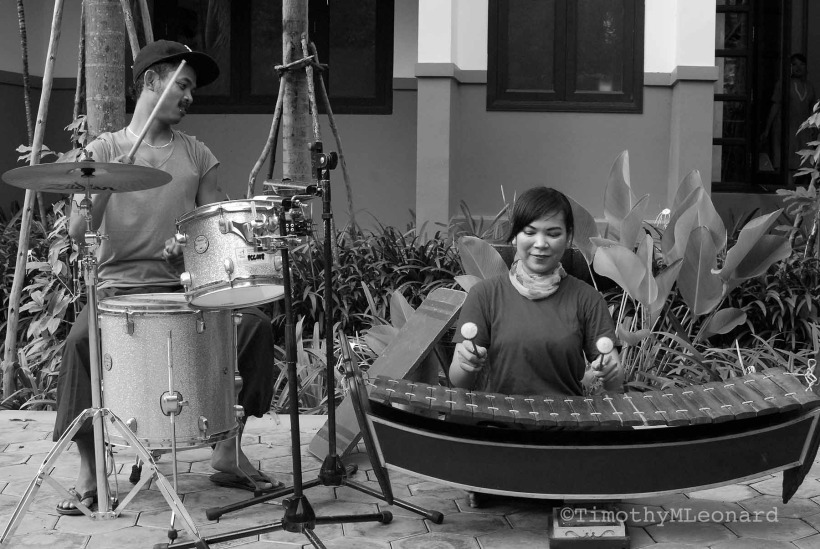






 Share Article
Share Article 